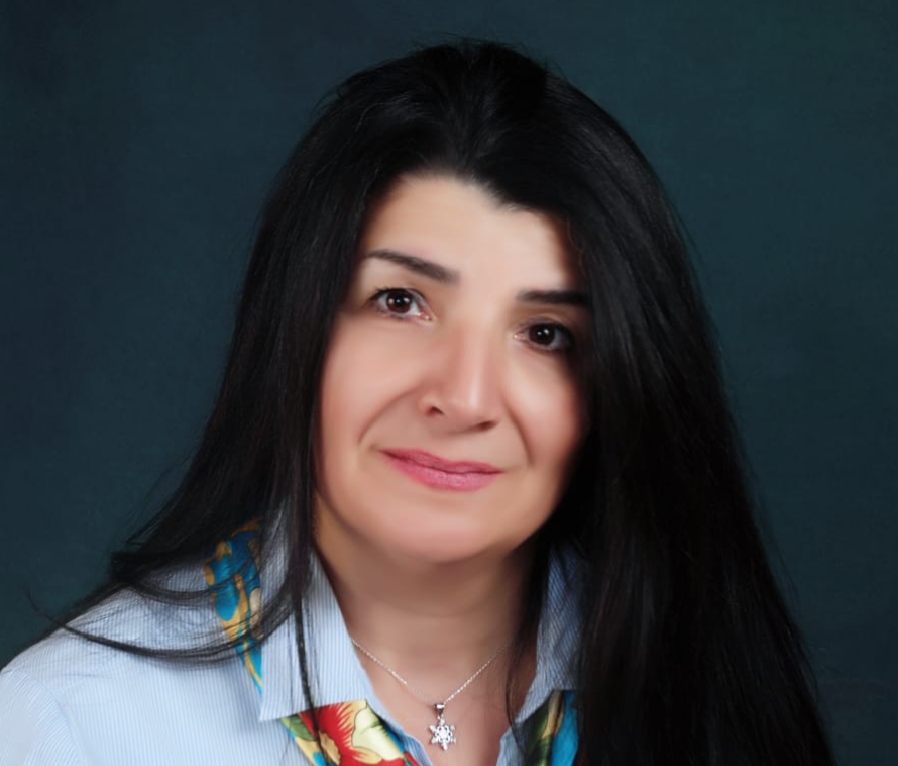News
Women’s Voices: Suwayda Negotiations with Damascus Halted After Coastal Massacres

Amal Abdul Samad, head of the Women’s Leadership Authority Office in Suwayda and founder of the “Qanadeel” volunteer training initiative, told ASO Network in an exclusive interview that Suwayda does not reject the new government outright. Instead, the concerns revolve around specific issues related to the army and public security.
She explained that Suwayda residents had proposed appointing a governor from the city—Professor Mohsina Al-Muheithawi. However, the government instead appointed Mustafa Bakour from Idlib for the position. The people of Suwayda accepted this decision, allowing the governor to carry out government duties in the region. Meanwhile, Professor Mohsina was appointed as deputy governor, and governmental operations in Suwayda continued as usual.
Abdul Samad added that several negotiations had been ongoing to improve security in the region, with an agreement to form a local military force under Damascus’s command. However, these talks came to a complete halt after the coastal massacres, which caused widespread fear in the area and significantly impacted public sentiment toward the government.
She criticized the media for repeatedly accusing Suwayda of treason, calling such claims inaccurate. “The people of Suwayda do not officially engage with Israel,” she clarified. “We have family ties with the Druze in the Golan and Palestine, but these relationships are purely familial and do not involve dealings with the Israeli government.” She added, “Portraying us as agents is a misrepresentation of reality. We are an integral part of Syria, and we know who we are and where we come from.”
Abdul Samad emphasized the importance of continued dialogue and the opportunities negotiations provide.
She pointed out that the Autonomous Administration of North-East Syria offers a model of co-presidency, which allows women to participate in governance actively. “This system presents a valuable framework that could enhance citizens’ lives in multiple aspects,” she stated. “If implemented more broadly, it could significantly increase women’s representation in decision-making roles in Suwayda.”
Regarding military negotiations, Abdul Samad highlighted local concerns about the presence of non-Syrian elements within the army. “This fear is shared by all Syrians, not just the people of Suwayda,” she noted. “Having foreign fighters in the army diminishes trust in it, which is a valid concern. However, this does not equate to rejecting Mr. Al-Shar’a’s government outright.”
She further explained that the coastal massacres had intensified fear in Suwayda, with many residents now worrying that similar events could occur in their region. “The situation in Suwayda has grown more tense after these massacres, and caution toward Damascus has increased. The number of government opponents has risen significantly in the past week due to these tragic events.”
Abdul Samad expressed hope for full security in Suwayda but also concern over potential military intervention. “We fear that if the army enters Suwayda, it could replicate what happened in the coastal region,” she warned. “The ideal solution is to keep Suwayda’s local factions intact under Damascus’s leadership—allowing the government to oversee decisions while leaving execution in the hands of Suwayda’s own people.”
Discussing the Autonomous Administration’s governance model, Abdul Samad emphasized its ability to empower communities. “This system enables people to govern themselves through communal councils and co-presidency, making them an integral part of decision-making. It is a unique model that could enhance popular participation in governance.”
